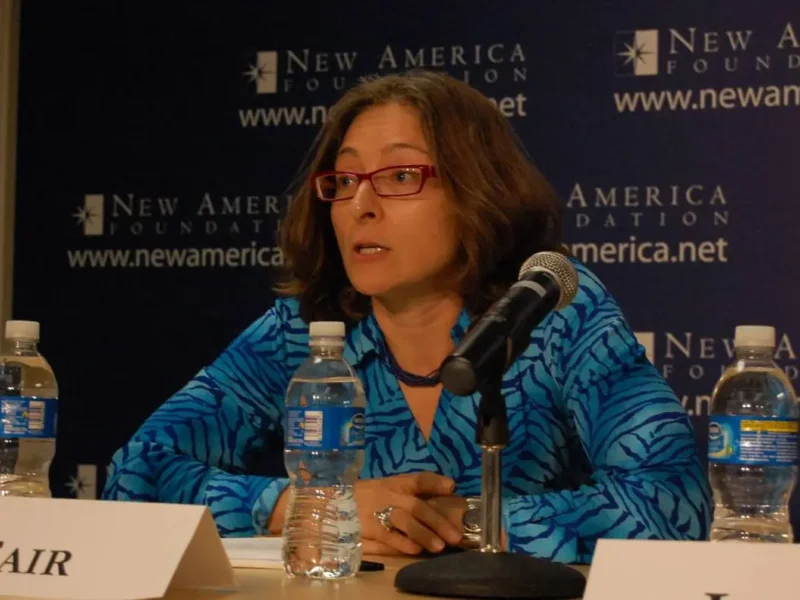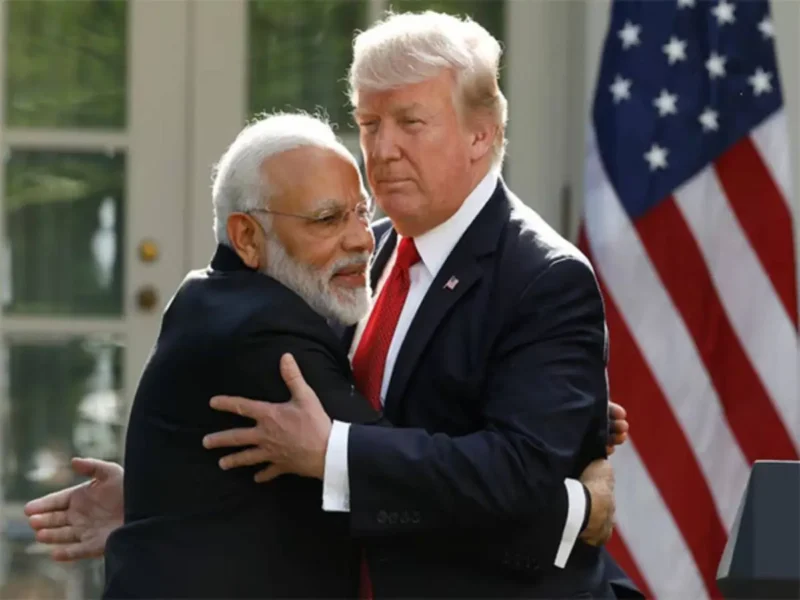
Women’s Quota Bill: It’s Time For Real Action
By Deepika Bhan
NEW DELHI – The Women’s Reservation Bill continues to languish in Parliament. From time to time, different women’s groups and leaders have raised their voices to get the Bill cleared in Parliament, and this time once again a buzz around it is building up.
The Bill, which seeks 33 percent reservation of seats in the Lok Sabha and state Assemblies for women, got a fillip after Vice President Jagdeep Dhankhar, who also doubles as Rajya Sabha Chairman, said: “The day is not far when women will get due representation in the country’s legislatures.”
His comment has sparked speculation that the Bill may be moved during the special session of Parliament from September 18 to 22.
If it happens, history will be made. The struggle for it began soon after the Deve Gowda-led United Front government introduced the Bill in the Lok Sabha in September 1996. The Bill was not approved by the House and was referred to a joint parliamentary committee, which submitted its report to the Lok Sabha in December 1996. The Bill, however, expired with the dissolution of the Lok Sabha.
It was reintroduced in 1999, 2002 and 2003 and nothing happened. In 2008, the Bill was moved in the Rajya Sabha by the Manmohan Singh government, and it was passed on March 9, 2010 (which was also the International Women’s Day). The Bill, however, was never brought up for debate in the Lok Sabha and died with the dissolution of the 15th Lok Sabha.
Why has Bill not taken off? The answer is not difficult to find. It is the deep-rooted patriarchy, which exists in all political parties, including the parties historically committed to the Bill, namely, the Congress and the BJP, that botched all efforts in the case.
Many powerful leaders have not hesitated to voice their opposition to it, and some of them have used cheap and even derogatory expressions.
On May 16, 1997, the late socialist veteran and the then Janata Dal (U) President Sharad Yadav said in the Lok Sabha: “Kaun mahila hai, kaun nahi hai, keval bal kati mahila bhar nahin rahne denge (Who is a woman, who is not, only short-haired women won’t be allowed).” His argument was that women with short hair — or those from upper-caste, privileged families — would dominate the legislature and Parliament if the Bill was passed.
Yadav’s “parkati mahilayen (women with short hair)” jibe could be described as sexist, patriarchal, and very narrow-minded. There was widespread condemnation, but that had no effect on him.
Twelve years later, on June 5, 2009, Yadav again showed his contempt while participating in the discussion on the motion of thanks to the Presidential address. He said, “Like Socrates drank poison to establish the truth, so will I show the truth about the women’s reservation bill.” He demanded a quota-within-quota to accommodate the OBCs.
Following in the footsteps of Sharad Yadav, two other powerful Yadavs — the Samajwadi Party’s late founder Mulayam Singh Yadav and the RJD’s Lalu Prasad — have also opposed the Bill tooth and nail. Lalu had said then: “Ninety percent of the men are against this Bill. This Bill is political dacoity.” Mulayam had also remarked that “we will cross all Lakshman Rekhas and stop it”. Both had then threatened to withdraw support to the UPA-II government.
Over a decade later today, has anything changed? Mulayam Singh and Sharad Yadav are no more. Lalu Prasad is no longer as powerful. Their parties have moved on to the newer generations. In March this year, the Samajwadi Party (SP) and the Rashtriya Janata Dal (RJD) joined the protest fast organized by BRS MLC K. Kavitha in favor of the Bill.
Does this mean that they have stopped being the strongest opponents to Bill? The two parties said their demand for caste and community quotas within the 33 per cent reservation for women remains. They may not be as vehement in their stance now, but they still have their reservations.
The stance of the JD(U), Sharad Yadav’s party, has changed. It has said that the “Bill should be passed without ifs and buts. If there are any conditions, then people will get an excuse to delay it.”
Support from staunch opponents has given a ray of hope for the Bill to get through Parliament, maybe with amendments after accommodating some of the genuine concerns.
Hopes for the Bill to be revived again in Parliament seem greater as the country is seeing many women being encouraged to take up top and responsible positions.
The political landscape may be changing and titling towards the move to get the Bill going, yet the challenges remain, as is being seen after three decades of the historic enactment of the 73rd and 74th amendments to the Constitution.
The amendments mandated all state governments to reserve one-third of the seats for women in Panchayati Raj Institutions and one-third of the offices of chairpersons at all levels of the Panchayati Raj Institutions and in urban local bodies, respectively. Within these seats, one-third is reserved for SC/ST women.
A big step indeed, but the manipulations and circumventing by men relatives of the elected women local leaders are a cause of worry and concern.
In August last year in Madhya Pradesh, several male relatives of women elected to panchayats were administered the oath in at least three districts. Similar situations have been witnessed in other states too.
In many cases, it is the husband of the woman sarpanch who holds meetings and takes decisions. They are known as ‘sarpanch pati’. This seems to be a mockery of the Constitution, but there has been no move made to address this.
The positives and negatives notwithstanding, the Women’s Reservation Bill will be a big attempt to help women get a political standing in the country’s highly male-dominated politics. Women now wait for men to show real heroism in Parliament, and let the Bill become the law. (IANS)




